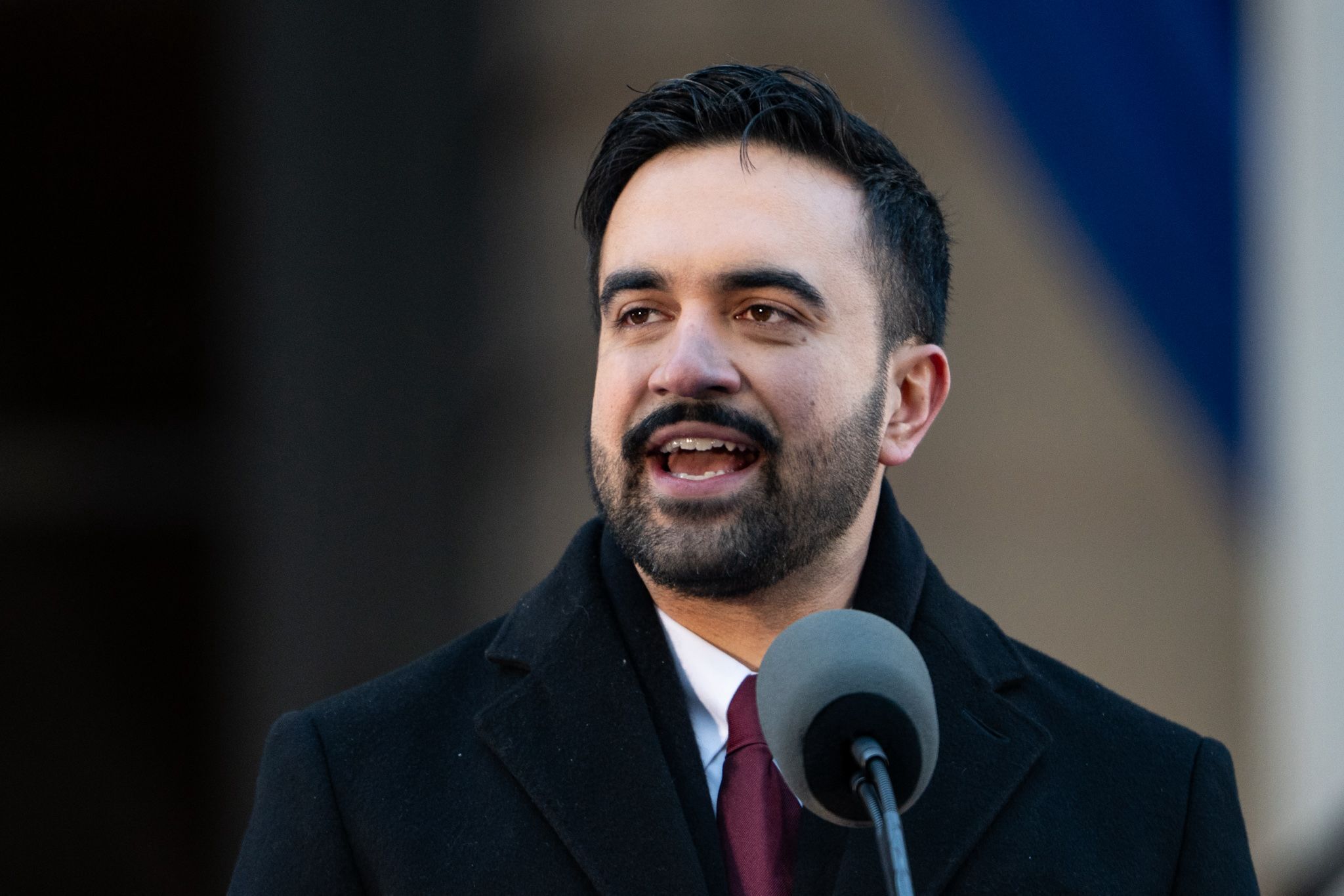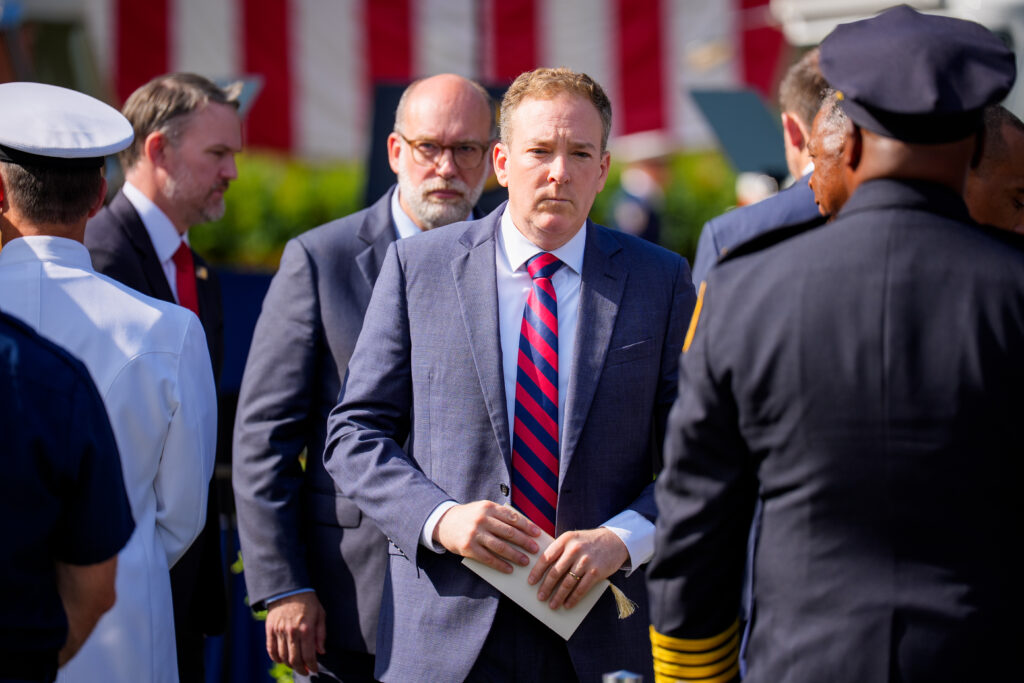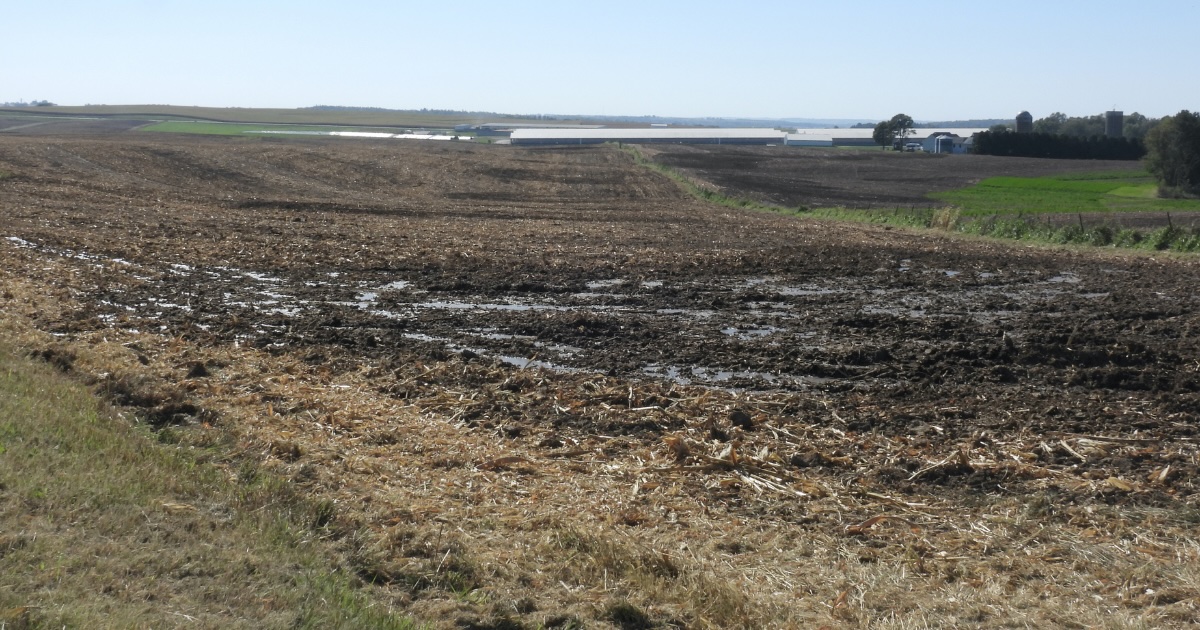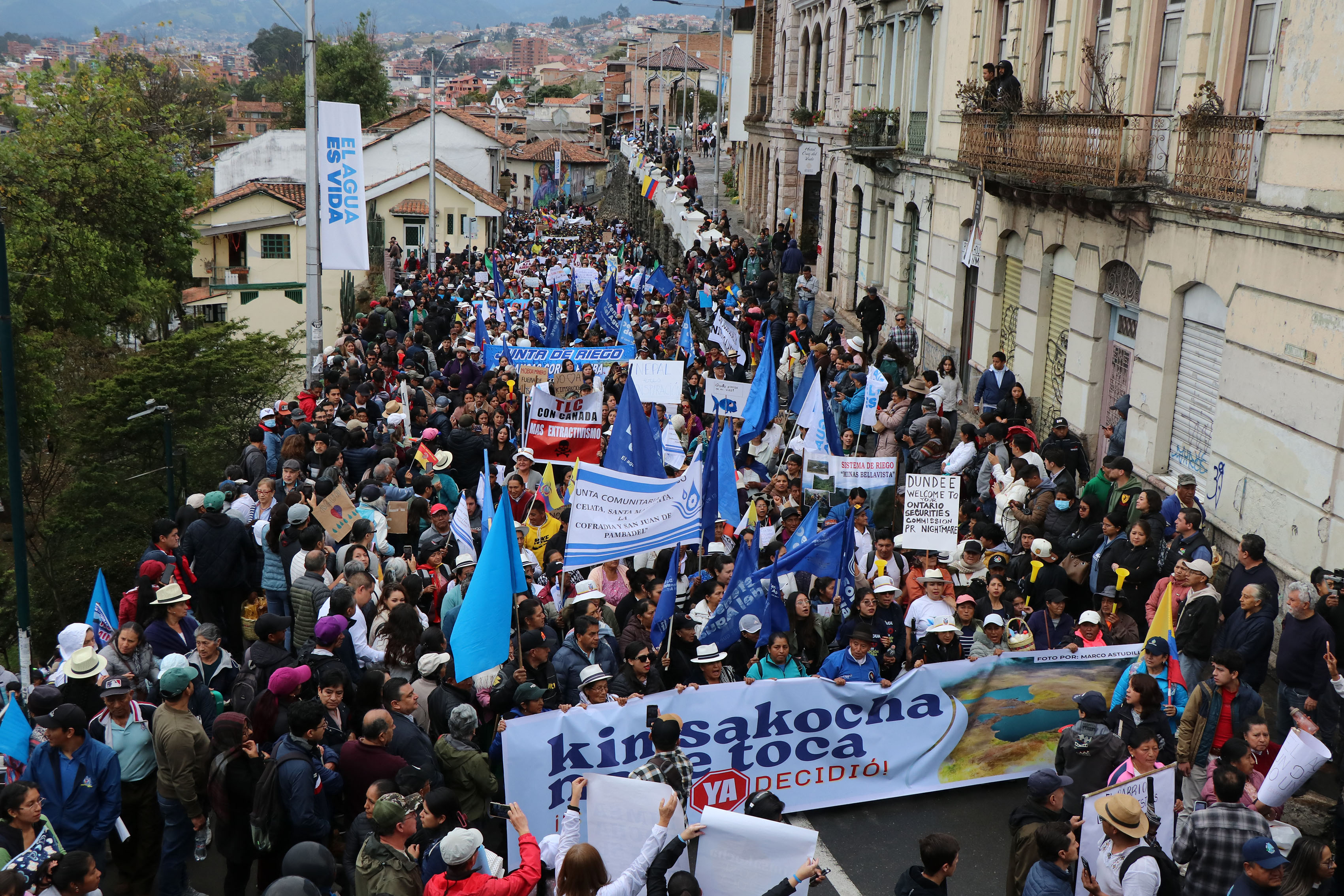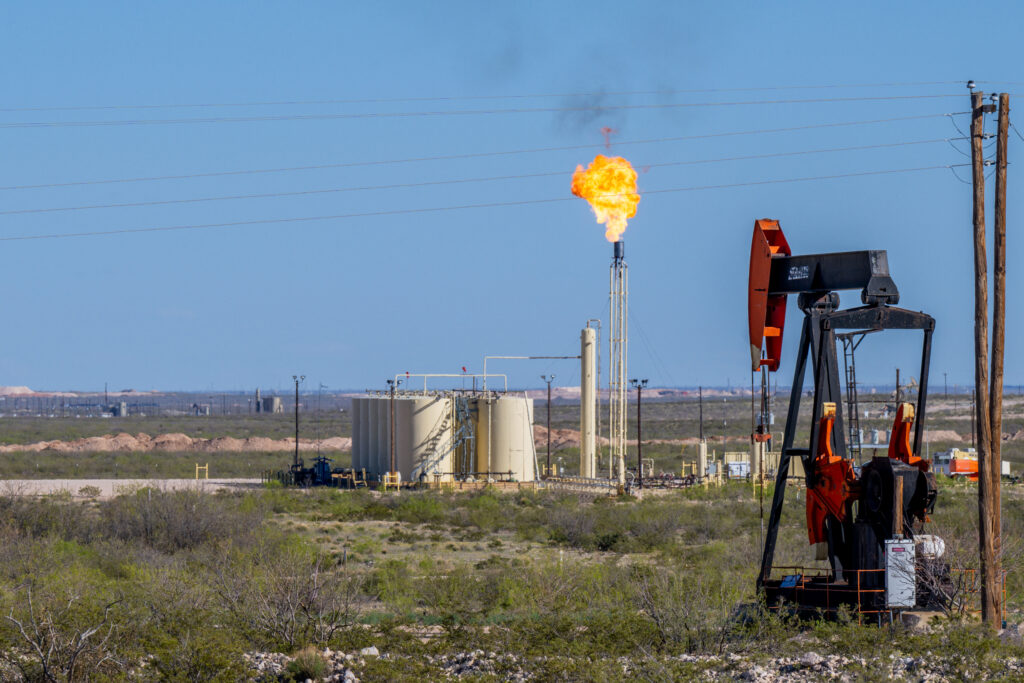BAKU, Azerbaijan—After spending two weeks making vague statements about challenging geopolitics, but no explanation of why they spend trillions of dollars per year on fossil fuel subsidies, developed countries at COP29 finally said they would increase climate spending to help developing countries from the current commitment of $100 billion annually to $300 billion a year by 2035.
The money will help developing countries build renewable energy capacity and adapt to increasingly severe climate impacts on an overheating planet. But it’s far from what they asked for, and far from what’s needed.
A landmark 2021 report from the United Nations Framework Convention on Climate Change showed developing countries need a total of at least $5.8 trillion by 2030 to keep up with global warming impacts they did little to cause.
The agreement on climate financing was finalized at 3 a.m. Sunday morning in Baku, long after the 6 p.m. Friday scheduled end of the conference, and after some participants had already left the negotiations at the Olympic Stadium. Other delegates arrived for the final day of discussions with their suitcases, freshening up in public restrooms and looking for food as supplies dwindled. It was the third year in a row the talks went into overtime, once again raising questions about whether the current format is suitable.
At COP last year in Dubai, the talks were extended as countries wrangled over the exact wording of a phrase about transitioning away from fossil fuels in energy systems, the first time in 30 years that fossil fuels were mentioned directly in a formal UNFCCC document. The year before, at COP27 in Egypt, it also took extra time to reach agreement on a loss and damage fund aimed at compensating developing countries for economic, cultural and environmental damages that are already happening—separate from this year’s money to prepare for the future.
In a statement after the closing gavel in Baku, UNFCCC Secretary-General Simon Stiell called the new finance goal an “insurance policy for humanity, amid worsening climate impacts hitting every country.”
“But,” he added, “like any insurance policy, it only works if premiums are paid in full and on time. Promises must be kept to protect billions of lives.”
Stiell also said the final agreement shows that the UNFCCC continues to make progress on the global climate action goals set out in the Paris Agreement, which includes a section specifying the expectations that rich countries, which have caused most of the climate damage with their greenhouse gas emissions, will help developing countries address the growing challenges.
Some outside experts said the final result merely avoided complete failure. Developing countries had asked for much more money, faster: as much as $1.3 trillion per year by 2030.
“The climate summit in Baku was not a success, but at best the avoidance of a diplomatic disaster,” said Ottmar Edenhofer, a climate economist and co-director of the Potsdam Institute for Climate Impact Research in Germany. He said the strained COP29 talks show that additional negotiation formats are needed to tackle the climate crisis.
The $300 billion goal is “too little, too late,” added Johan Rockström, an Earth system scientist and the Potsdam Institute’s other co-director. With global emissions still increasing, he noted, climate costs are about to surge even higher.
“We cannot wait for public climate finance another 10 years, by which time loss-and-damage costs will have gone through the roof,” he said. Averting some of the worst-case climate and social breakdown scenarios requires full focus on climate finance and emissions cuts, and redirecting “the entire global economy away from fossil-fuel based growth.”
A Drop in the Bucket
Reactions from developing-country leaders and allied civil society groups were even more critical, with some saying they felt coerced into accepting the COP29 outcome. The promised funding is “woefully inadequate to address the gravity of our global climate crisis,” said Harjeet Singh, the global director of engagement with the Fossil Fuel Non-Proliferation Treaty Initiative, which has been exploring diplomatic channels outside the UNFCCC process to speed the needed phaseout of fossil fuels.
Victor Menotti, who closely tracked U.S. involvement in the talks as an observer with the Global Campaign to Demand Climate Justice, said the outcome reflects a continuation of a “my way or the highway” brand of climate diplomacy practiced by the U.S.
“U.S. State Department officials demanded more mitigation from developing countries but refused to deliver” what those countries said is needed to lower emissions. He also said the United States continued to diminish the country’s legal obligations under the UNFCCC and the Paris Agreement, “leaving a shameful legacy of global climate injustice by the Biden presidency.”
A prepared statement attributed to a senior United States official at the talks said it’s been hard enough to meet existing finance goals, and that the new target will require “even more ambitious and extraordinary reach, including bilateral finance deals, more money from international development banks and greater efforts to mobilize private funding.”
But the U.S. will likely have nothing to do with that over at least the next four years. President-elect Donald Trump has said he will pull the country out of the Paris Agreement again, after doing so in his first term.
Marshall Islands climate envoy Tina Stege said small island nations came to COP29 in good faith, with the safety of their communities and the well-being of the world at stake.
“Yet we have seen the very worst of political opportunism here at this COP, playing games with the lives of the world’s most vulnerable people,” she said, accusing fossil fuel interests of trying to block progress.
“We are leaving with a small portion of the funding climate-vulnerable countries urgently need,” she said. “It isn’t nearly enough, but it’s a start, and we’ve made it clear that these funds must come with fewer obstacles so they reach those who need them most. … Countries seem to have forgotten the reason why we are all here. It is to save lives.”
This story is funded by readers like you.
Our nonprofit newsroom provides award-winning climate coverage free of charge and advertising. We rely on donations from readers like you to keep going. Please donate now to support our work.
Donate Now
The urgency to accelerate climate aid was underscored by an unprecedented series of six tropical storms that hit the Philippines and killed at least 171 people during the course of the Baku talks.
Mary Lyons, an Ojibwe elder and spiritual advisor from Minnesota who attended COP29, said she thinks it will be hard for the world to make progress until people rethink fundamental concepts about their relationship with nature and with each other.
“As a spiritual leader, I’d have to say the four elements do not have any type of prejudice on anyone, anything within this planet,” she said.
“We all have one address. It’s called Mother Earth. We all entered through the water when we were born. We took our first breath of air. We felt the fire with the warmth. We planted and are nourished by the Earth.
“So one of the things we have to really start looking at is the segregation, the separation, and this playing of people against people, property against property, economy against economy,” she said. “You can’t really buy into that. You have to be the one that stands in the middle, staying in balance and saying, ‘This is not OK.’”
About This Story
Perhaps you noticed: This story, like all the news we publish, is free to read. That’s because Inside Climate News is a 501c3 nonprofit organization. We do not charge a subscription fee, lock our news behind a paywall, or clutter our website with ads. We make our news on climate and the environment freely available to you and anyone who wants it.
That’s not all. We also share our news for free with scores of other media organizations around the country. Many of them can’t afford to do environmental journalism of their own. We’ve built bureaus from coast to coast to report local stories, collaborate with local newsrooms and co-publish articles so that this vital work is shared as widely as possible.
Two of us launched ICN in 2007. Six years later we earned a Pulitzer Prize for National Reporting, and now we run the oldest and largest dedicated climate newsroom in the nation. We tell the story in all its complexity. We hold polluters accountable. We expose environmental injustice. We debunk misinformation. We scrutinize solutions and inspire action.
Donations from readers like you fund every aspect of what we do. If you don’t already, will you support our ongoing work, our reporting on the biggest crisis facing our planet, and help us reach even more readers in more places?
Please take a moment to make a tax-deductible donation. Every one of them makes a difference.
Thank you,






